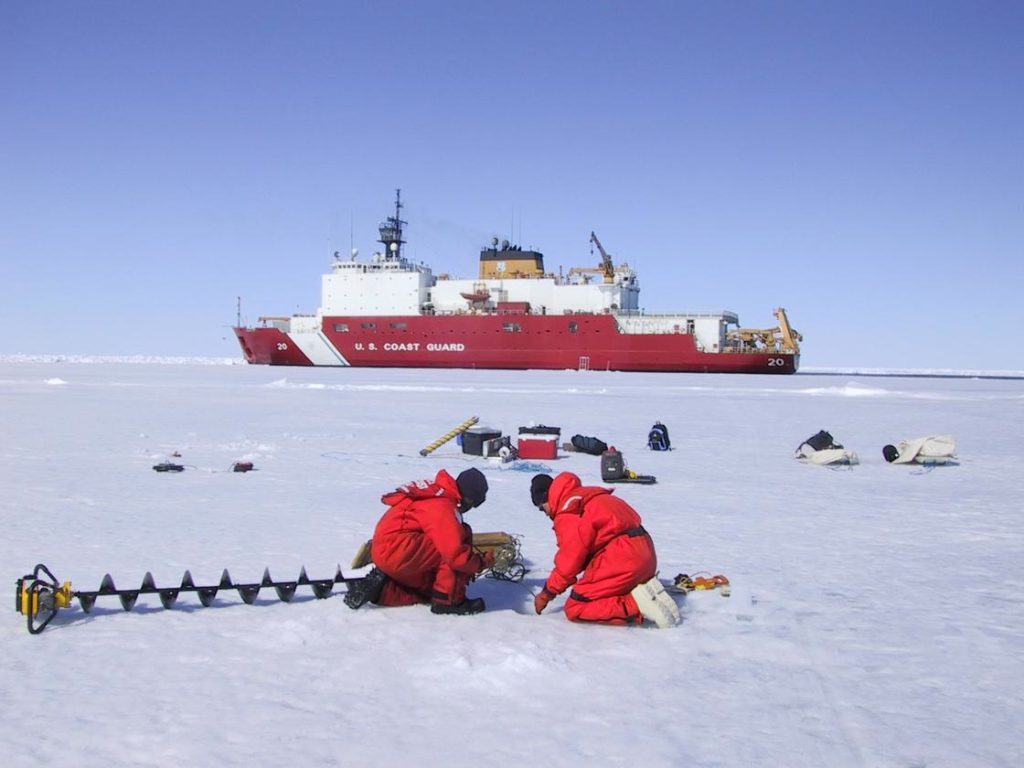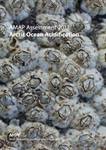OAP Deputy Director contributes to effort to identify research need to understand impacts and explore adaptation in Arctic
OAR OAP Deputy Director participated in the AMAP/EU-PolarNet Stakeholder Workshop on Research Needs on Climate-Related Effects on the Arctic Cryosphere and Adaptation Options. Participants discussed research issues in relation to both the need for further scientific understanding of the impacts of the rapidly changing climate on the Arctic cryosphere and the need for investigation of options for adaptation to these changes by Arctic communities and residents.








